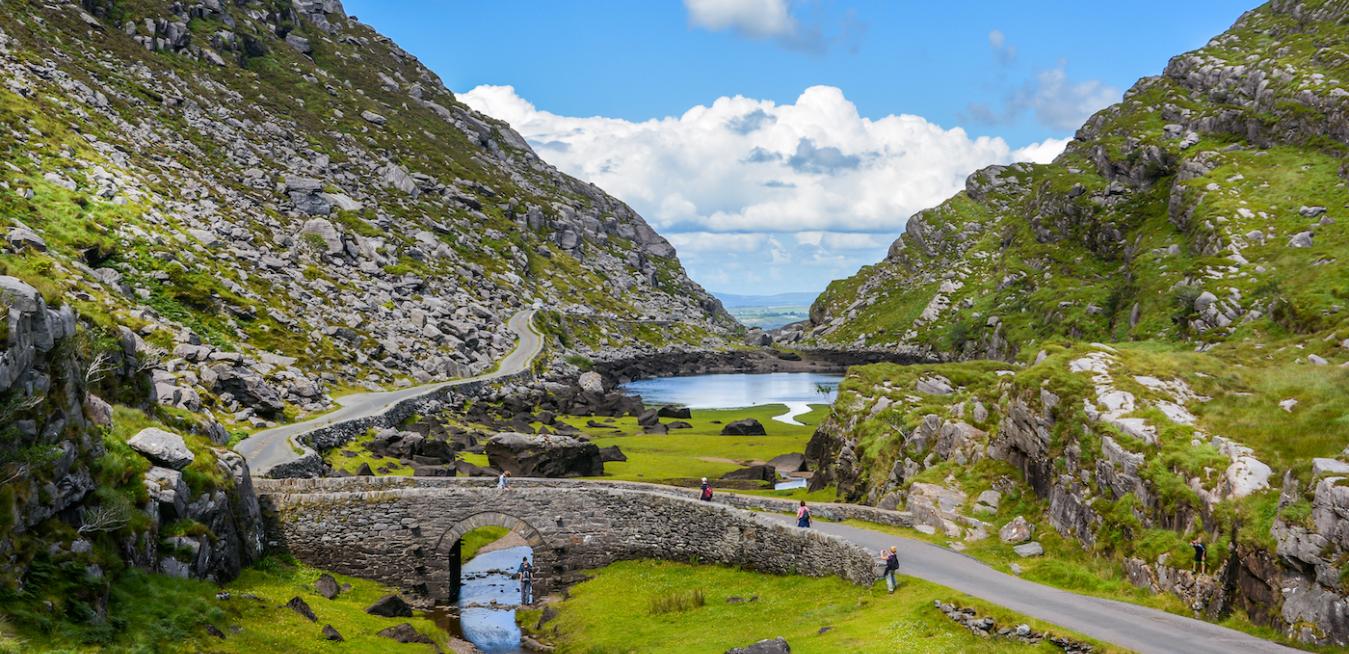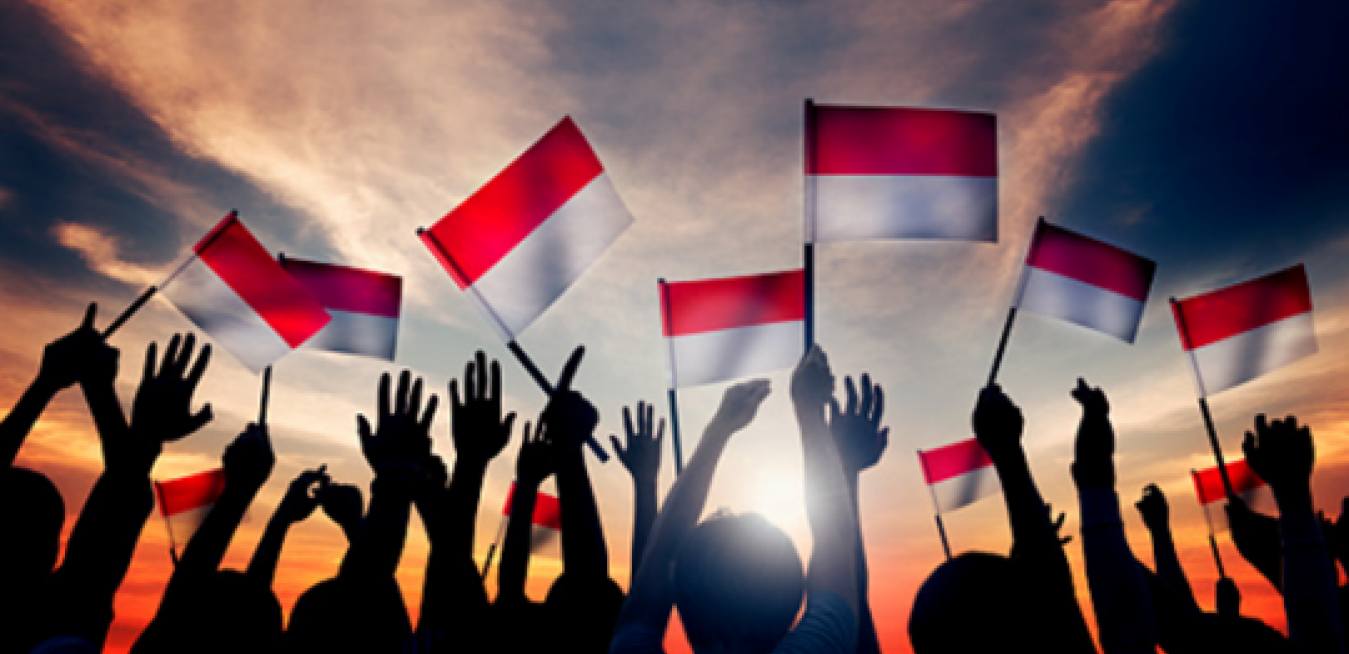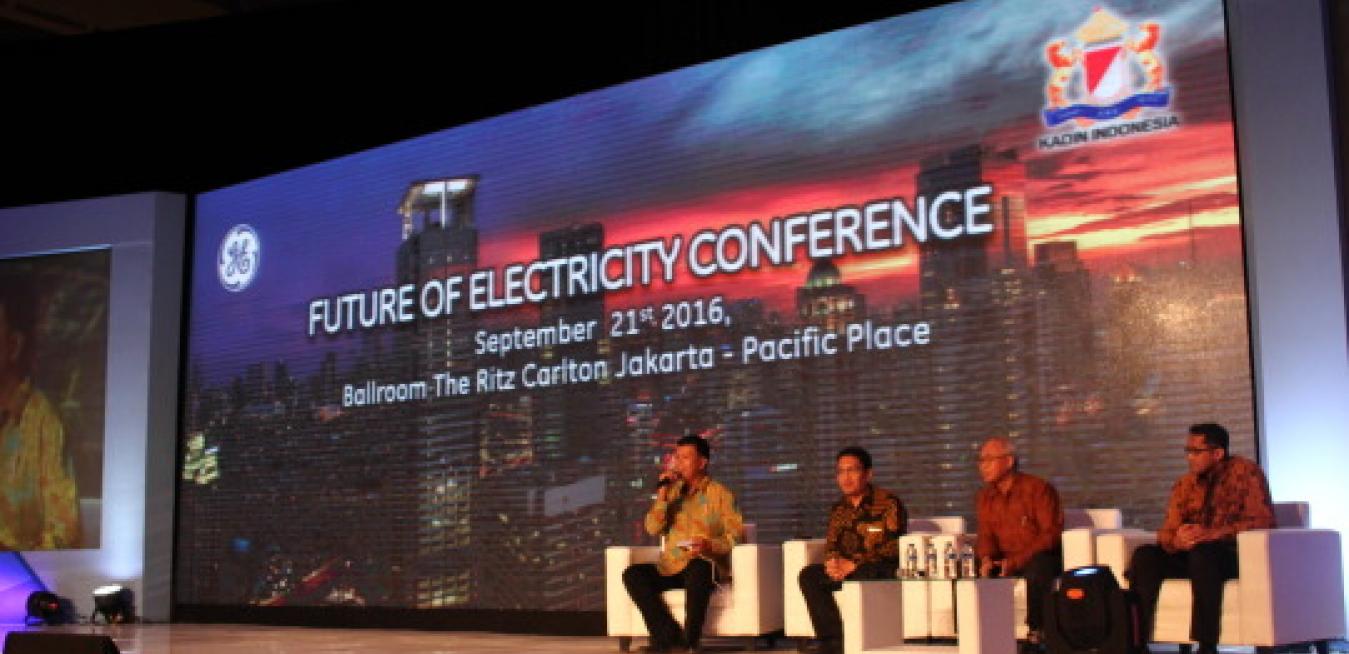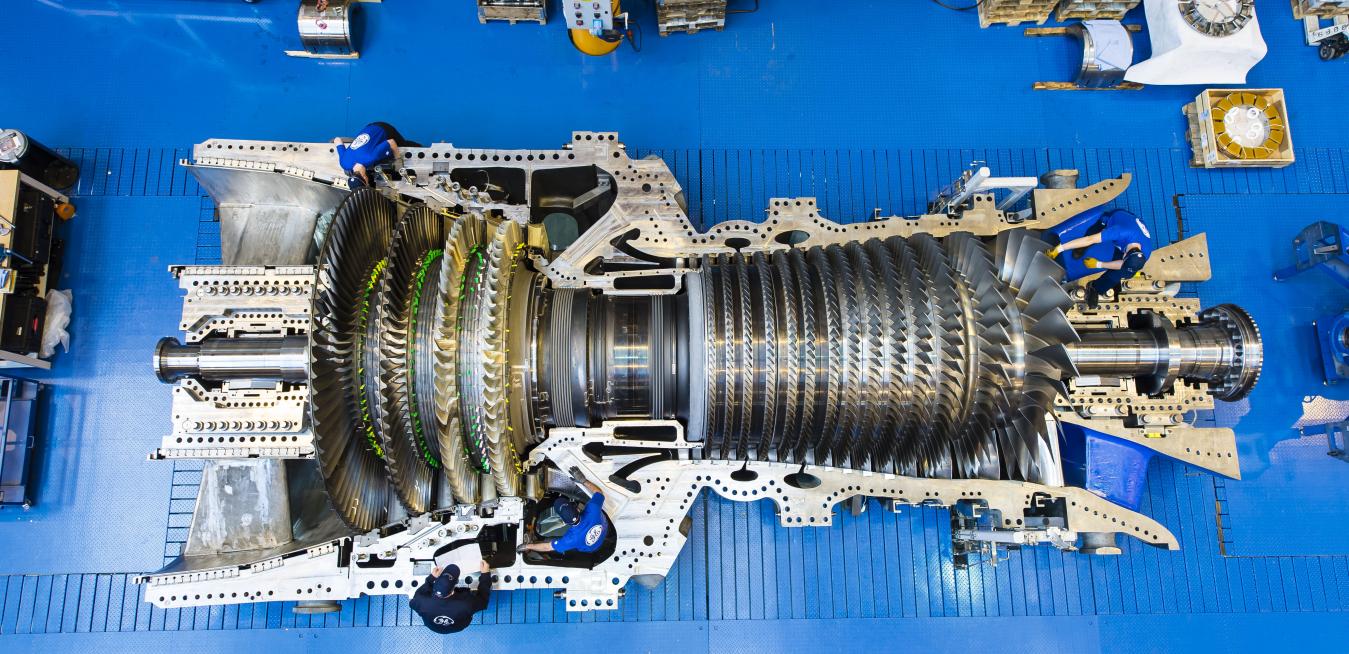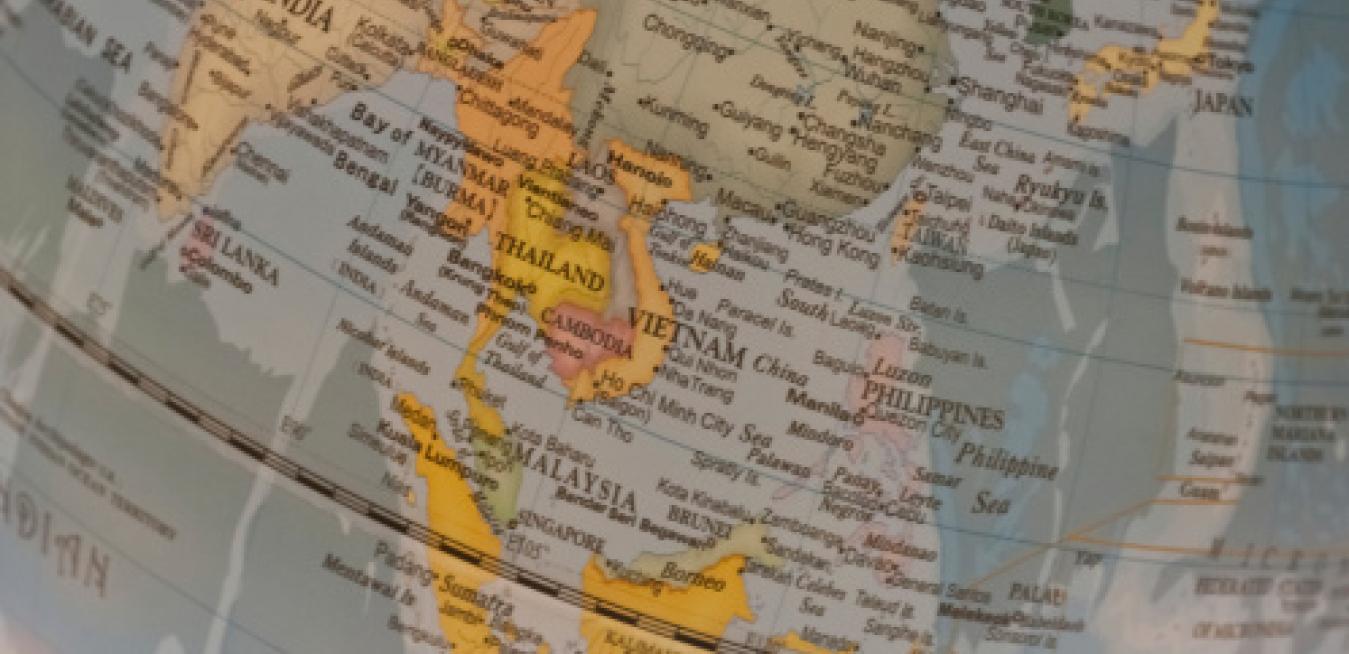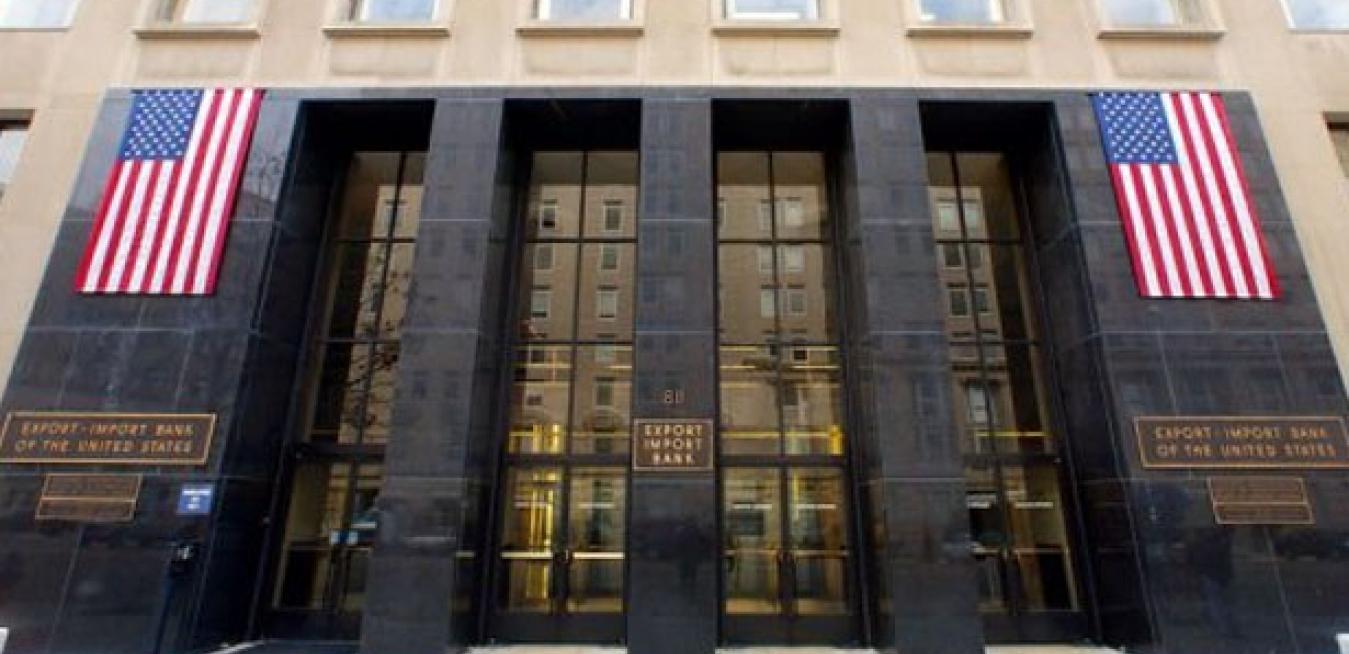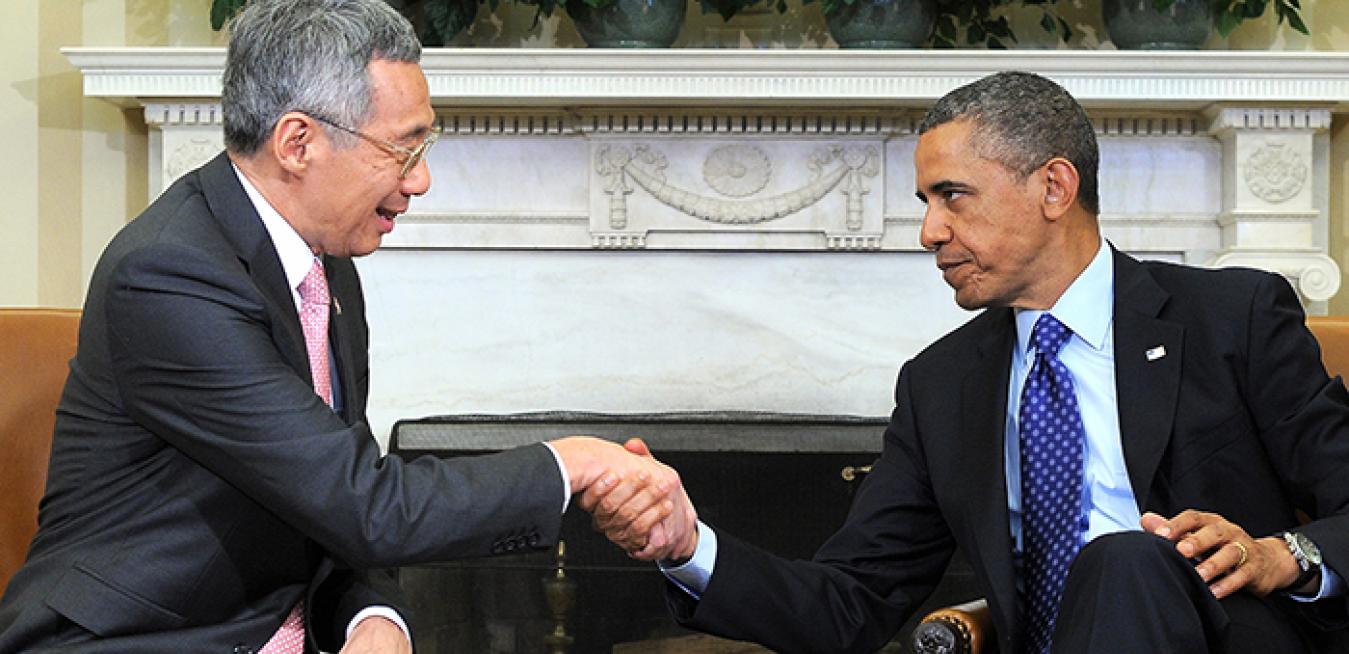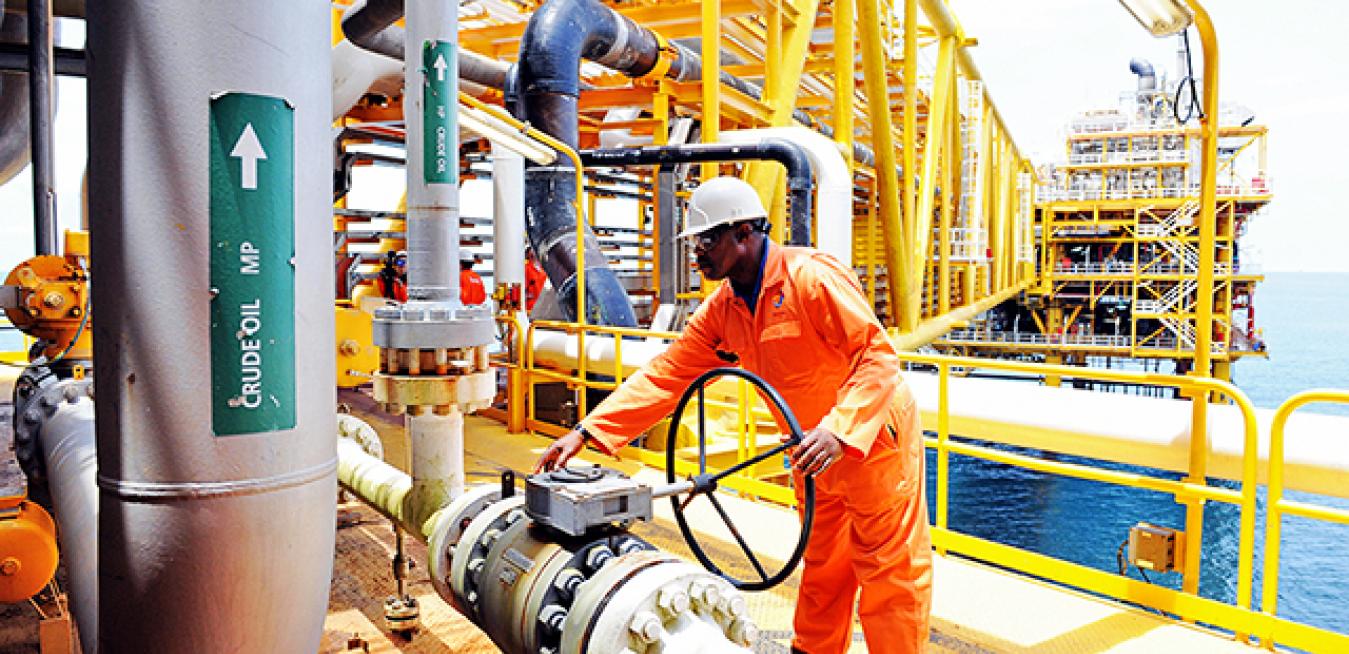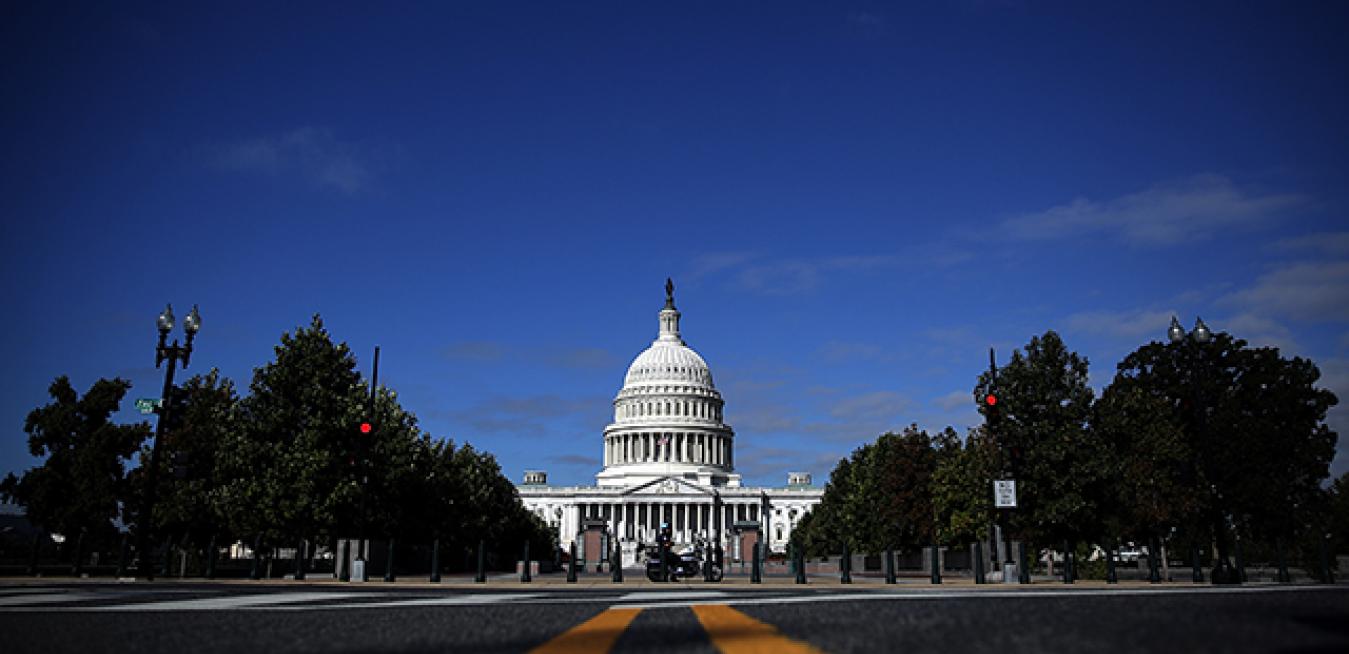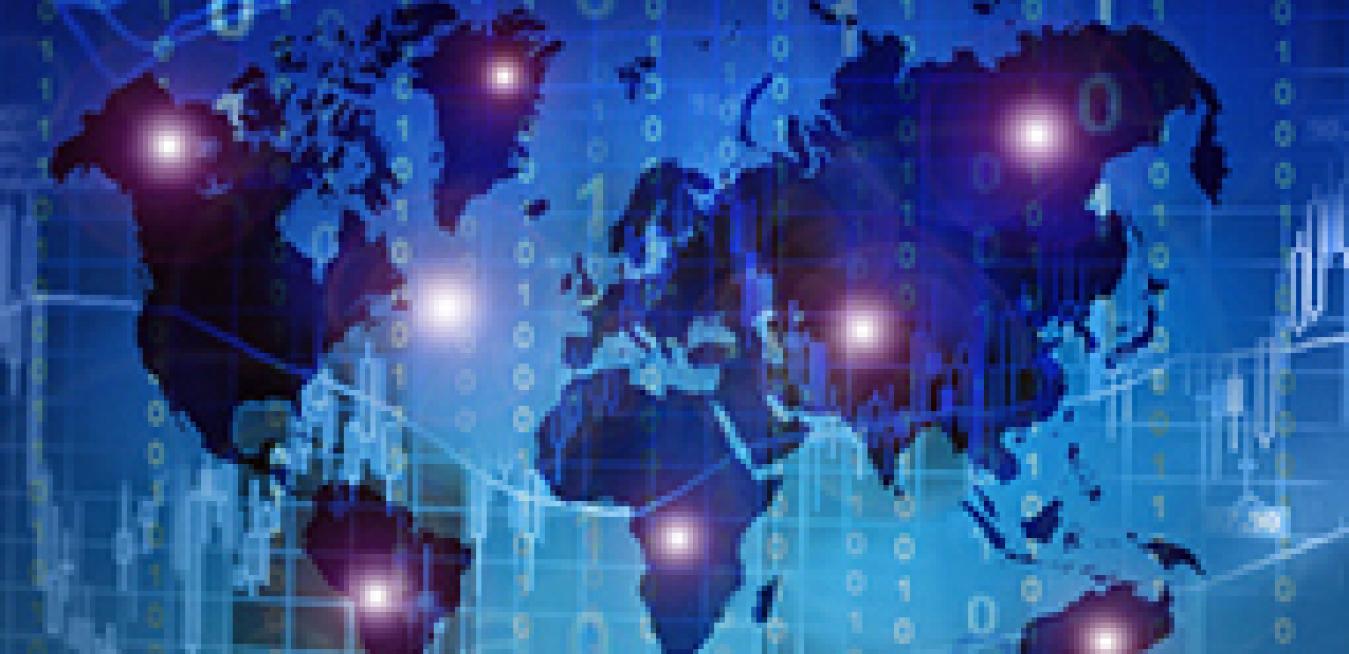The commitment to developing Indonesia’s energy infrastructure is not simply a challenge, but a huge opportunity to deliver real, effective change. In the words of Power Generation Country Leader for GE Power and Water in Indonesia, George Djohan, “Each project has its own set of challenges. But in the end, it is the electricity produced from these projects which impacts people’s lives.”
GE Reports ASEAN has produced a multi-part article series that highlights the key discussions of the conference, some covering breakthrough technologies that will make power generation and distribution more efficient, and accessible, and more importantly, potential solutions enabling Indonesia to accelerate development of its energy sector.
The Trans-Pacific Partnership Agreement (TPPA) has been ten years in development and is so shrouded in the tightly wound cogs of national secrecy that it’s acquired an almost legendary aura of mystery.
The deal took a major step forward this week with the signing of a TPPA agreement in Atlanta, USA. But with the full terms yet to be revealed, what do we really know about the TPPA? And what does it mean for ASEAN?
What is it?
I’m talking about dealing in the reality of how the world works, rather than how we wished it would work, when considering policy initiatives.
In reality, it is the core values of a society, as well as the complexity of human networks and social behaviors, that allow innovation systems to thrive. We call these systems Rainforests, and the secrets lie not in the ingredients used, but rather in the recipe itself.
